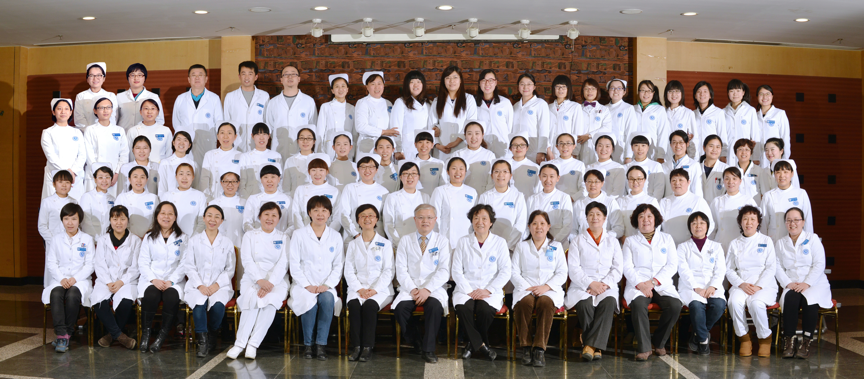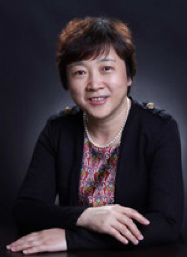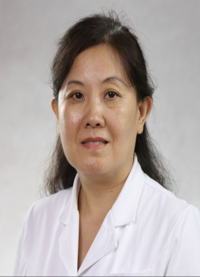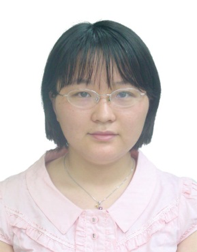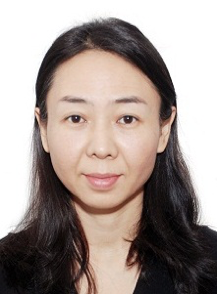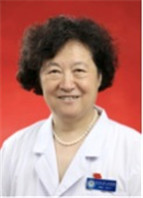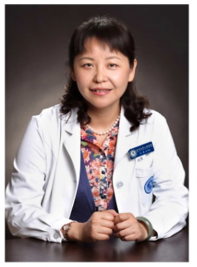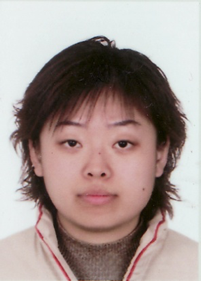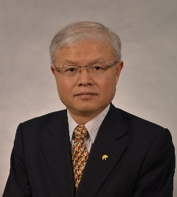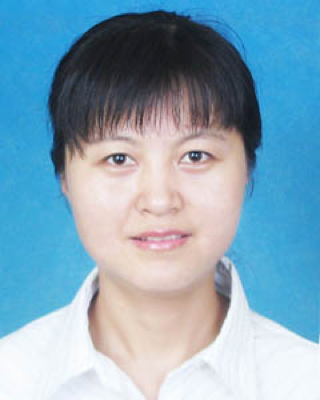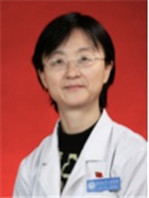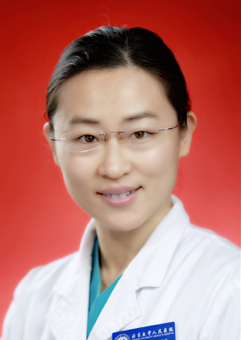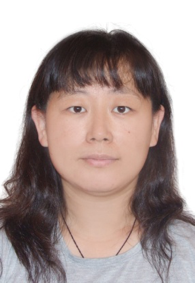Pediatrics
Department of Pediatrics
Peking University People's Hospital was founded in 1918 and has a glorious and long history. Several directors have been prestigious and widely influential experts, among whom Professor Zhou Huakang was one of the pioneers of pediatrics in China, and Professor Yuan Chengwen served as the associate editor-in-chief of the Chinese Journal of Pediatrics. Through the joint efforts of several generations of staff, the Department of Pediatrics was designated a National Key Discipline in 2001. General pediatrics, as well as emergency outpatient care, are open full-time. In addition, three main subspecialties have been established. Children and adolescents with diseases and various health problems can be treated in a timely manner.
I. Hematology Specialty
Since the early 1970s, the department has been devoted to the diagnosis and treatment of childhood leukemia and has achieved outstanding results. It was the first in China to improve the MICM classification of childhood leukemia and to develop the monitoring of minimal residual disease (MRD) in children with leukemia. At present, with the help of flow cytometry (FCM) and real-time quantitative PCR technology, MRD monitoring coverage in children with leukemia exceeds 90%, and individualized treatment based on MRD monitoring has gradually been achieved.
Since 1983, the department has been the first in China to use high-dose, multi-drug, short-course regimens to treat childhood leukemia. Currently, the remission rate of acute lymphoblastic leukemia has reached 99%, with a 5-year disease-free survival rate of 80%. The remission rate of non-acute lymphoblastic leukemia has reached 90%, with a 5-year disease-free survival rate of 60%, making the department a leader in the domestic treatment of childhood leukemia. In recent years, we have developed new technologies to eliminate MRD using immune cell therapy and explored the application of fludarabine, clofarabine, and monoclonal antibody drugs in treating relapsed and refractory leukemia to improve the timing and success rate of hematopoietic stem cell transplantation.
In addition to leukemia, we also specialize in non-neoplastic blood disorders, including nutritional anemia, bleeding disorders, aplastic anemia, myeloproliferative disorder syndromes, and hemophagocytic syndrome.
II. Neonatology Specialty
The neonatal ward of Peking University People's Hospital was established in the late 1970s and now includes both a neonatal intensive care unit (NICU) and a general neonatal ward. The ward is equipped with the most advanced medical equipment in China and is staffed by a well-structured team, with all doctors holding at least a Master’s degree and possessing strong technical expertise.
Since its establishment, the ward has developed various forms of mechanical ventilation, the use of pulmonary surfactant, parenteral nutrition, peripherally inserted central catheters (PICC), umbilical vein catheterization (UVC), exchange transfusion, emergency gastroscopy, and other advanced technologies. It also conducts bedside monitoring of ECG, respiration, oxygen saturation and blood pressure, as well as non-invasive bedside examinations such as X-ray, ultrasound echocardiography, transcranial Doppler (TCD), EEG, and trace blood-gas analysis, blood glucose testing, and transcutaneous bilirubin monitoring.
We are a national leader in the rescue and care of preterm infants and critically ill neonates. In addition, we provide regular follow-up for discharged premature and critically ill newborns, monitoring their growth and development and offering guidance on feeding and rehabilitation to improve their quality of life.
III. Neurology Specialty
Established in 2014, the Neurology Unit primarily treats children with various neurological and psychiatric disorders, particularly refractory epilepsy, neurodevelopmental disorders, hereditary neurodegenerative diseases, genetic metabolic disorders, ADHD, and other developmental and behavioral conditions.
We have built a distinctive clinical, training, and research platform in pediatric epileptology, offering various treatments for refractory epilepsy, including antiepileptic drugs, ketogenic diets, and vagus nerve stimulation.
Founded in 2015, the People's Bureau for Epilepsy, a patient-focused NGO, has successfully organized monthly health education courses to improve public awareness of epilepsy. As the chair unit, we have also organized a series of "Beijing Forums on Developmental and Behavioral Pediatrics." Our academic leader, Professor Jiong Qin, currently serves as Chair of the China Child Neurology Society, Vice President and Secretary General of the China Association Against Epilepsy (CAAE), and Council Member of the Asian and Oceanian Child Neurology Association.
